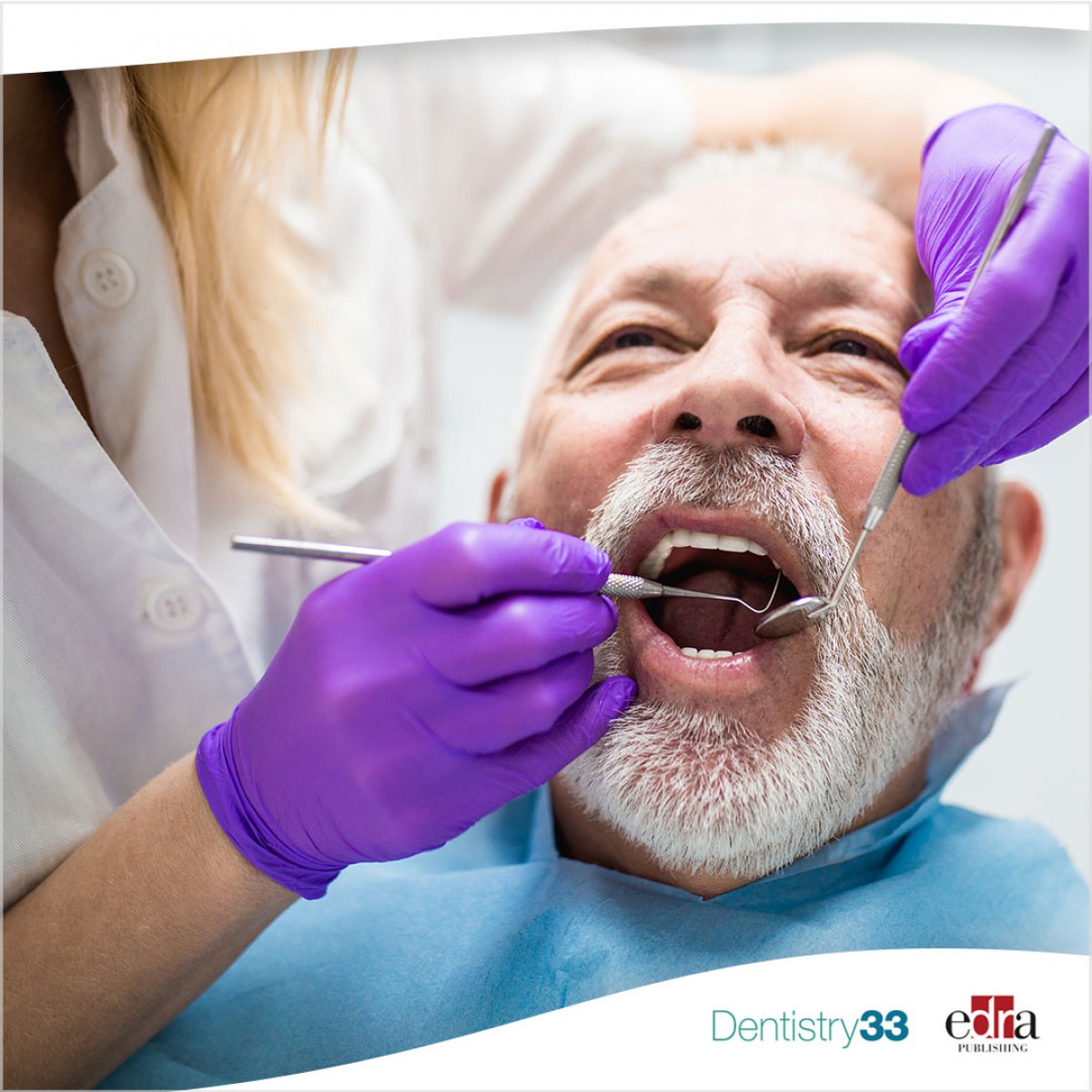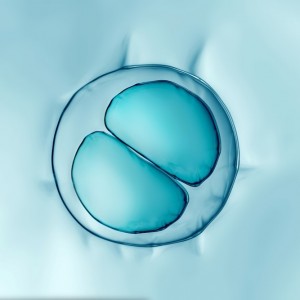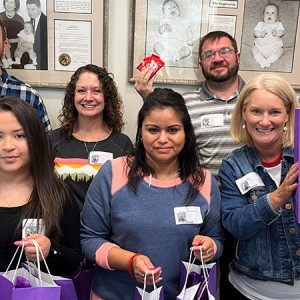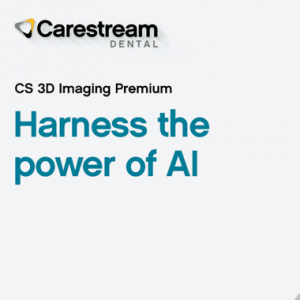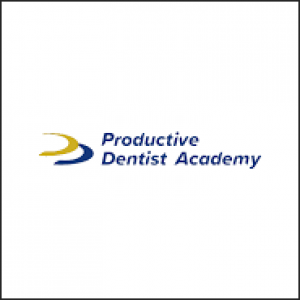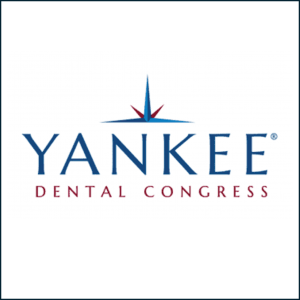
Rethinking oral health in aging
Poor oral health affects the health and well-being of older adults in many ways. Despite years of international research investigating poor oral health among older adults, it has remained a largely unresolved problem.
Rousseau et al. (2014) captured how the stigma of compromised oral health in aging, the grief around tooth loss and the shame of wearing dentures can greatly affect an individual’s well-being. These issues interface with ageism, reflecting negative and often discriminatory views about older people, compounded by issues such as racism and sexism directed at people in minority groups.
With the older adult population increasing in number and proportion, beliefs are changing that tooth loss and poor oral health are a natural consequence of normal aging (Slade et al. 2014; Bassim 2018). However, with aging can come reduced mobility and cognitive function and declining financial security and access to healthy nutrition, resulting in the increased need for dental services yet with difficulties accessing them (e.g., transportation, financing; Bassim 2018; Kotronia et al. 2021).
The aim of this article is to explore the combination of two key frameworks, ecosocial theory and intersectionality, to guide our exploration and understanding of oral health and aging and help inform research, education, policy, and services.
Proposed by Krieger, ecosocial theory is concerned with the symbiotic relationship among embodied biological processes and social, historical, and political contexts. Building on the work of Crenshaw, intersectionality explores how social identities such as race, gender, socioeconomic status, and age interconnect in ways that can enhance privilege or compound discrimination and social disadvantage.
Intersectionality offers a layered understanding of how power relations reflected in systems of privilege or oppression influence an individual’s multiple intersecting social identities.
Understanding this complexity and the symbiotic relationships offers an opportunity to reconsider how inequities in oral health for older adults can be addressed in research, education, and practice and increase the focus on equity, prevention, interdisciplinary care, and use of innovative technology.
Slack-Smith L, Ng T, Macdonald ME, Durey A. "Rethinking Oral Health in Aging: Ecosocial Theory and Intersectionality." Journal of Dental Research. 2023;102(8):844-848. doi:10.1177/00220345231175061
 Tag
Tag
 Read more
Read more
Oral pathology 24 October 2025
Isolation and characterization of dental pulp stem cells from a supernumerary tooth
Dental pulp stem cells (DPSCs) were primarily derived from the pulp tissues of primary incisors and permanent third molar teeth, whereas no report to our knowledge has yet been documented on deriving...
Editorials 24 October 2025
From mentoring workshops to leadership insights, the last week’s IU School of Dentistry (IUSD) fall faculty conference and staff retreat brought faculty and staff together respectively for two days...
Products 24 October 2025
At the American Academy of Periodontology’s Annual Meeting, Carestream Dental continues to deliver what’s next in dentistry with the launch of CS 3D.
News 24 October 2025
As dental professionals prepare to wrap up 2025, many are setting ambitious goals for the year ahead, yet few have a clear, actionable plan to achieve them.
News 24 October 2025
The Yankee Dental Congress will take place from January 29, 2026, through January 31, 2026, at the Thomas M. Menino Convention & Exhibition Center in Boston.


